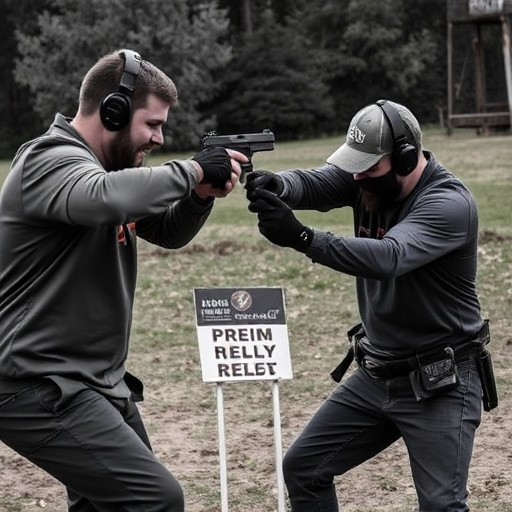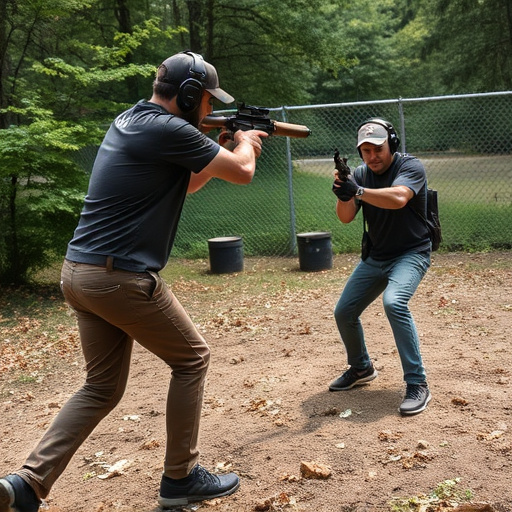Understanding state laws on civilian taser (stun gun) ownership is crucial for ensuring compliance and safe carrying methods. Each U.S. state has unique regulations governing possession, use, and transportation, ranging from minimal restrictions to stringent requirements like training, background checks, and specific use cases. Prospective owners must research their state's specific laws, stay informed about guidelines, and adhere to local regulations to avoid legal issues and protect themselves effectively. The debate around civilian taser usage balances self-defense rights with public safety concerns, highlighting the importance of responsible ownership and comprehensive training for these powerful tools.
“Uncovering the complexities of civilian Taser ownership begins with an understanding of state laws, which vary greatly regarding legal stun gun carrying methods. This article delves into the intricate web of regulations, offering a comprehensive guide on the requirements for obtaining permits and licenses, training mandates, and age restrictions for responsible ownership. By exploring these nuances, we aim to empower individuals considering civilian Taser acquisition with knowledge, ensuring they navigate the law with confidence and awareness.”
- Understanding State Laws on Civilian Taser Ownership
- – Overview of varying legal stun gun carrying methods across states
- – Discussion on the reasons for and against civilian taser ownership
Understanding State Laws on Civilian Taser Ownership

Understanding state laws on civilian taser ownership is crucial for anyone considering the legal stun gun carrying methods available to them. Each U.S. state has its own set of regulations governing the possession and use of tasers, collectively known as stun guns. These laws vary significantly in terms of restrictions, requirements, and permissions. Some states allow civilian ownership with minimal restrictions, while others have stringent rules that include mandatory training, background checks, and specific use cases.
Navigating these legalities requires diligence and adherence to local statutes. It’s essential for prospective taser owners to research their state’s specific laws to ensure compliance. Many states provide detailed guidelines on what constitutes a legal stun gun, acceptable carrying methods, and permissible use scenarios. Staying informed about these regulations not only helps individuals avoid legal repercussions but also ensures they can effectively protect themselves in situations that may require the use of a taser.
– Overview of varying legal stun gun carrying methods across states

– Discussion on the reasons for and against civilian taser ownership

The debate surrounding civilian tasers has sparked intense discussions, highlighting a delicate balance between personal safety and public concern. Advocates for civilian taser ownership argue that it empowers individuals to defend themselves against potential threats, especially in situations where traditional self-defense tools might be limited or ineffective. Proponents believe that legal stun gun carrying methods can act as a deterrent to crimes and provide an additional layer of protection, particularly for those who live or travel in areas with high crime rates.
On the other hand, opponents raise valid concerns about potential misuse and the risk of escalation. They argue that making tasers readily available to civilians could lead to increased instances of excessive force, especially if users lack proper training or judgment. The impact on public safety and the potential for accidental discharges are also significant considerations. As such, stringent regulations and comprehensive training programs are essential to ensure responsible taser ownership and mitigate risks associated with this powerful personal defense tool.
In conclusion, the legal landscape surrounding civilian taser ownership varies greatly across state laws, with differing requirements and permissions for acquiring and carrying these devices. Understanding these legal stun gun carrying methods is essential for anyone considering owning a taser for personal protection or other reasons. While some states offer relatively unrestricted access, others have stringent regulations in place to ensure public safety and prevent misuse. It’s crucial for citizens to familiarize themselves with their state’s specific laws before making the decision to purchase a taser.
